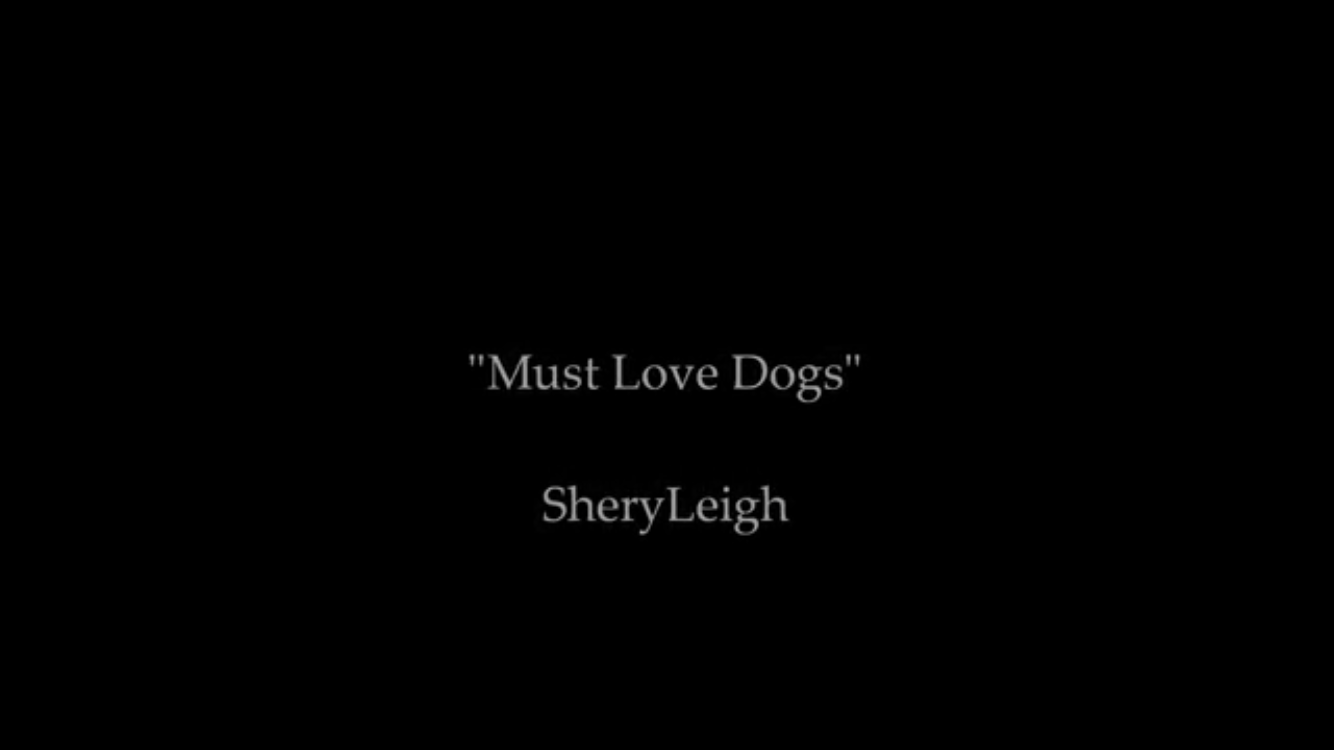The Art of Apologizing: Too Little vs. Too Much
How can something we learned as children be an art form? Well, we were scribbling on paper with Crayolas at an early age as well, but it still took us a while to learn to color within the lines, and only a gifted few can create something worthy of hanging on a museum wall. So sometimes what can seem so basic really isn’t as simple as we like to think.
Yesterday I was riding in the elevator with a coworker who was sharing a few of his workplace woes. I gave him a sympathetic shrug. “I’m sorry.”
Because his day wouldn’t go right if he didn’t give me a hard time, he rolled his eyes. “What you sorry for?” Then he softened. “Nothing you can do.”
I was sorry, sorry that his job was becoming more difficult, sorry that he was unhappy with work. But he was right; it had nothing to do with me.
Lately I’ve been hearing that I apologize too much. Earlier this week someone asked if I had any poetry on a certain topic. My response: “sorry, no.” She told me not to apologize.
My boss asked for information that I didn’t have, so I hit her with a sorry as well. Realizing that it was a longshot that I’d have the document to begin with, she asked, “Why are you apologizing?” And we have this conversation several times a week.
Perhaps I am overly polite. Maybe I occasionally accept blame for things that are not entirely my fault. I think I do so because I assume people will not think any less of me for it. I think they know it may not technically be my fault, but I want them to know I wish I could help. Regardless my rationale, I suppose those on the receiving end would prefer I stop overusing the phrase.
They may be on to something. For one, it’s probably not a good idea to get used to claiming responsibility for mistakes that you didn’t make. Top that imaginary blame with some things that are really your fault and you might succumb to the guilt. Additionally, I wonder is it possible to use the word sorry so much that your apologies begin to pack less punch. Do they appear insincere?
On the flip side, some people find it very difficult to make an apology. This baffled me until I realized it may have something to do with the very reason people tell me to stop apologizing: the act is often perceived as weak. But while apologizing every other minute could make one appear less confident, I think we should still respect the need to lay down one’s pride and accept fault for something when we’ve made a mistake. That accountability is important.
Ironically, even as the Queen of Apologies, sometimes I have a hard time saying sorry when it matters most. It’s easy to say sorry when you simply regret that something is a certain way and know that you didn’t cause the problem. However, when you have to apologize for something realizing you are actually at fault, that is a humbling experience.
I wonder if my chronic apologizing makes me like the boy who cried wolf. I don’t want my apologies to become so second nature that people don’t take them seriously when they matter most. I also don’t want to be so prideful that I can’t admit the more serious wrongs on my rap sheet. It’s a delicate balance. Have you found it?
Photo courtesy of Pictures Depot.
SheryLeigh
SheryLeigh is a woman who loves God, words, and people. She is currently living and loving as an author, blogger, poet, and spoken word artist in the Washington, D.C., area. A communicator by education and trade, SheryLeigh holds a Bachelor of Arts in Journalism from Howard University and a Master of Arts in Management from Webster University.
You May Also Like

Spoken Word: Must Love Dogs
February 10, 2016
Excuse Me, Miss. Your Insecurities are Showing.
June 19, 2013
One Comment
Pingback: